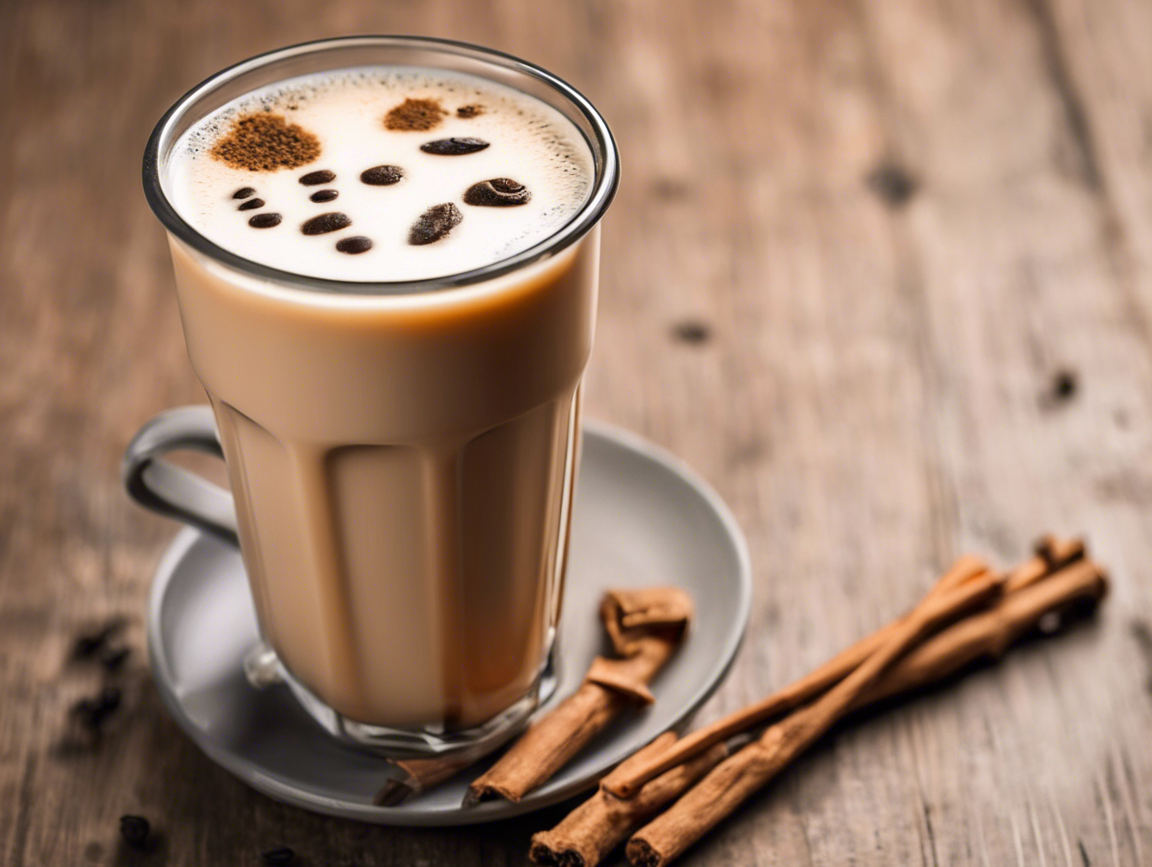The Indian Council of Medical Research (ICMR) has recently released guidelines warning against the consumption of milk tea due to its potential health risks. Milk tea, popularly known as chai in India, is a beloved beverage enjoyed by millions across the country. However, the ICMR’s latest recommendations underscore the negative impacts of excessive consumption of milk tea on our health.
Understanding Milk Tea:
Milk tea is a combination of black tea brewed with water and mixed with milk, usually sweetened with sugar. It is a staple in many Indian households and is commonly served at various eateries and tea stalls.
Health Risks Associated with Milk Tea:
- High Sugar Content: Milk tea is often laden with high amounts of sugar, which can lead to various health issues like obesity, diabetes, and heart diseases.
- Excessive Caffeine: Black tea contains caffeine, and excessive consumption can lead to insomnia, anxiety, and digestive issues.
- Dairy Sensitivities: The milk in milk tea can cause problems for individuals who are lactose intolerant or have dairy allergies.
- Empty Calories: Milk tea provides empty calories with little to no nutritional value, which can contribute to weight gain and other health problems.
Alternatives to Milk Tea:
- Herbal Teas: Opt for herbal teas like green tea, peppermint tea, or chamomile tea that are low in caffeine and rich in antioxidants.
- Black Coffee: If you need a caffeine kick, try black coffee without sugar and milk as a healthier alternative.
- Golden Milk: Enjoy turmeric latte or golden milk made with turmeric and plant-based milk for a nutritious and delicious beverage.
- Fruit Infused Water: Stay hydrated and refreshed with fruit-infused water for a flavorful and healthy drink option.
Tips for Reducing Milk Tea Intake:
- Limit Frequency: Reduce the frequency of consuming milk tea to a few times a week instead of daily.
- Reduce Sugar: Gradually decrease the amount of sugar in your tea to wean off the dependency on sweetened beverages.
- Switch to Unsweetened Variants: Opt for unsweetened or less sweetened versions of milk tea when ordering outside.
- Homemade Options: Prepare your own milk tea at home using low-fat milk and natural sweeteners like honey or stevia.
- Monitor Portion Sizes: Be mindful of the portion sizes of milk tea you consume to control calorie intake.
Frequently Asked Questions (FAQs):
- Is it okay to drink milk tea occasionally?
-
Occasional consumption of milk tea in moderation is acceptable. However, it is advisable to limit intake to avoid health risks.
-
Can I switch to plant-based milk in my tea instead of dairy milk?
-
Yes, opting for plant-based alternatives like almond milk, soy milk, or coconut milk can be a healthier choice.
-
Are there any health benefits of drinking milk tea?
-
While black tea is rich in antioxidants, the benefits may be outweighed by the negative impacts of sugar and high caffeine content in milk tea.
-
How does excess sugar in milk tea affect health?
-
Excessive sugar consumption is linked to obesity, diabetes, heart diseases, and other health issues, making it crucial to monitor sugar intake in beverages.
-
Can I consume milk tea if I have lactose intolerance?
- Individuals with lactose intolerance should avoid dairy-based milk tea or opt for lactose-free milk alternatives to prevent digestive discomfort.
In conclusion, while milk tea holds a special place in Indian culture and traditions, it is essential to be aware of its health implications. By making informed choices, exploring healthier alternatives, and moderating consumption, individuals can still enjoy their favorite beverages while prioritizing their well-being.
